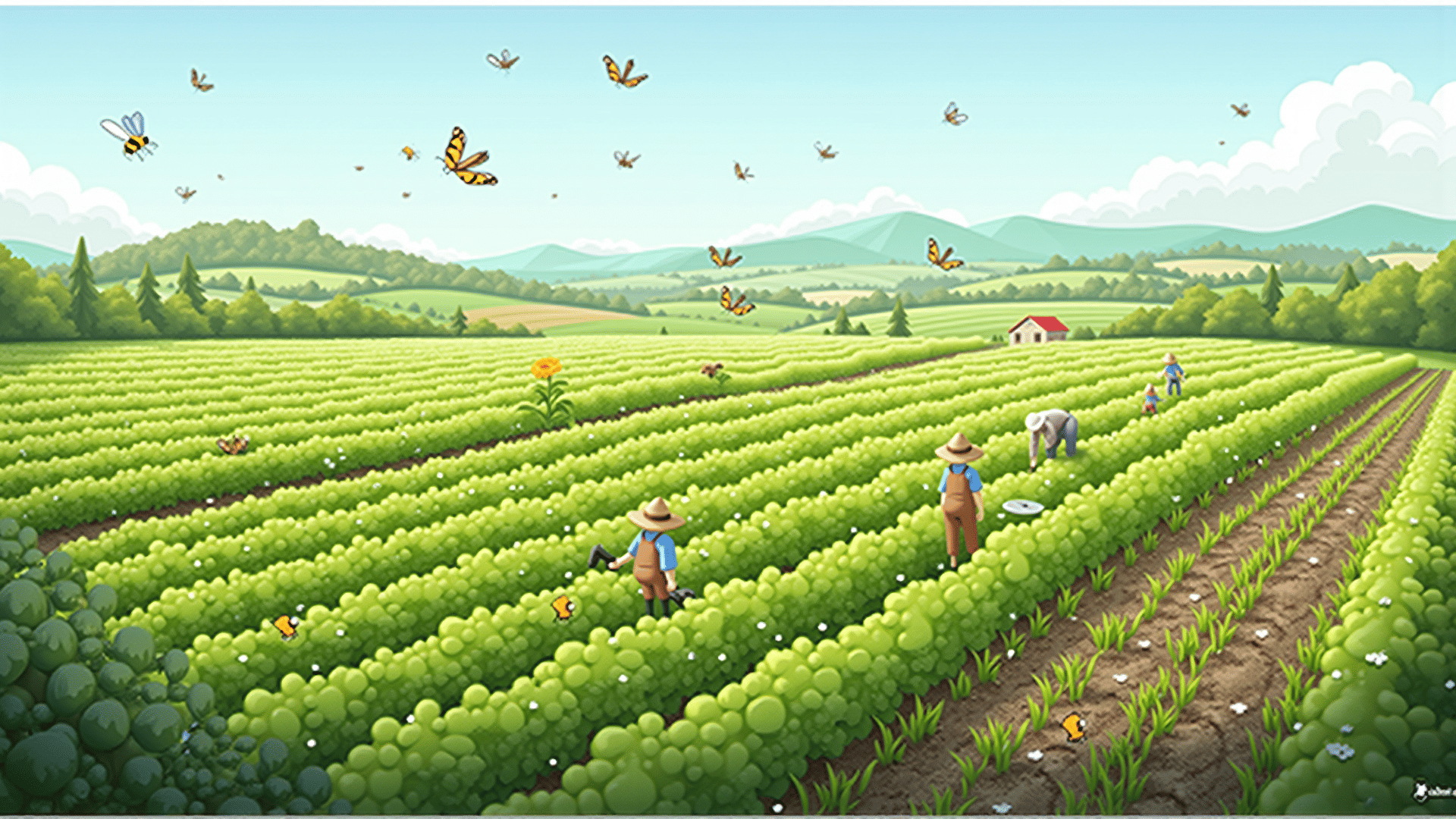In recent years, the global focus has increasingly shifted towards sustainable agriculture as concerns about climate change, food security, and environmental preservation mount. Among the various approaches to achieving sustainable agricultural practices, organic farming emerges as a promising solution, emphasizing the health and vitality of the soil.
Organic farming operates on principles that seek to work in harmony with natural ecosystems rather than dominating them. This method's central tenet involves the use of natural inputs and processes that enrich the soil, promote biodiversity, and ensure sustained productivity. By avoiding synthetic fertilizers and pesticides, farmers can maintain a balance that fosters healthier crops and environments.
One of the critical advantages of organic farming is its impact on soil health. Conventional farming methods often rely heavily on chemical inputs, which can lead to soil degradation over time. These chemicals may disrupt the natural microbial communities crucial for breaking down organic material and cycling nutrients. In contrast, organic farming methods, such as crop rotation, intercropping, and the use of green manure, enhance soil structure and fertility. Crop rotation, for instance, can help break pest and disease cycles, reducing the need for chemical interventions.
Another effective practice used in organic farming is the incorporation of compost and animal manure, which enriches the soil with nutrients, enhances moisture retention, and supports the thriving ecosystem of microorganisms. These practices not only improve yields but also play a significant role in carbon sequestration, contributing to climate change mitigation efforts.
Biodiversity is another hallmark of organic farming. Diverse plant species can attract a broader range of beneficial insects and wildlife, which in turn help with pollination and natural pest control. This contrasts starkly with monoculture systems typical of conventional agriculture, which often lead to habitat loss and increased vulnerability to pests and diseases.
Despite its benefits, transitioning to organic farming presents challenges. It requires considerable knowledge of ecological systems and a willingness to invest in long-term soil health. Initially, yield might be lower compared to conventional methods, and the cost of certification and compliance with organic standards can be prohibitive for some farmers. However, with growing consumer awareness and demand for organic produce, the market prospects for these crops are promising.
Governments and international organizations play a critical role in promoting organic farming. By providing subsidies, education, and research support, they can encourage farmers to adopt sustainable practices. Investment in technology that supports organic farming processes, such as improved composting techniques and pest management solutions, can also facilitate this transition.
In conclusion, organic farming offers a path to sustainable agriculture that benefits not only the health of our planet but also the future of our food systems. By focusing on methods that prioritize soil health and ecological balance, we can pave the way towards an agriculture industry that supports long-term environmental and economic resilience.
